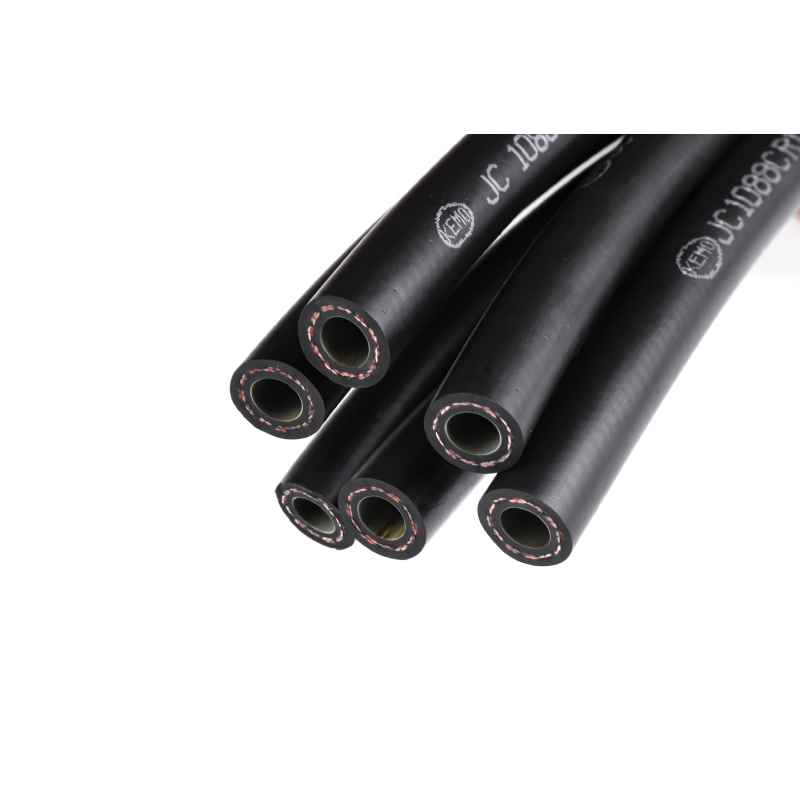High-Quality Fuel Hose for Diesel Applications
Sep . 15, 2024 07:16 Back to list
High-Quality Fuel Hose for Diesel Applications
Understanding Fuel Hoses for Diesel Engines
Fuel hoses play a crucial role in the functioning of diesel engines, enabling the efficient transfer of fuel from the tank to the engine. These hoses must be specifically designed to handle the characteristics of diesel fuel, which is generally more viscous than gasoline and can also contain particulates and other substances that might affect performance.
Types of Fuel Hoses
When it comes to diesel applications, not all fuel hoses are created equal. Typically, there are two main classifications reinforced and non-reinforced hoses. Reinforced hoses are built with multiple layers that enhance durability and resistance to pressure fluctuations. This is vital for diesel engines, which often operate under high pressures during various engine cycles.
On the other hand, non-reinforced hoses might be used in low-pressure applications, such as in small machinery or lawn equipment. However, their usage in standard automotive applications is limited due to the inherent risks of rupturing under pressure.
Material Composition
The materials used in the manufacturing of diesel fuel hoses are also important. Common materials include rubber, thermoplastic elastomers, and specially formulated compounds that resist the degrading effects of diesel fuel. A high-quality fuel hose must withstand not only the chemical makeup of diesel but also varying temperatures and environmental conditions, including exposure to ozone and direct sunlight.
Key Features to Consider
fuel hose diesel

When selecting a fuel hose for a diesel engine, several key features must be considered. First, the hose must be compatible with biodiesel if that option is being utilized, as biodiesel can cause traditional hoses to deteriorate more quickly. Additionally, hoses should have a smooth interior to prevent clogging and ensure efficient fuel flow.
A crucial aspect of any fuel hose is its size and fitting compatibility. A proper fit prevents leaks, which can lead to performance issues and pose safety hazards. Always consult manufacturer specifications and guidelines when selecting hoses for diesel applications.
Maintenance and Handling
Regular maintenance and inspections of fuel hoses are crucial in preventing fuel leaks and maintaining engine performance. Signs of wear may include cracking, swelling, or softening of the material. It is essential to replace any damaged hoses immediately, as even minor leaks can lead to significant issues over time.
Proper handling during installation is equally important. Hoses should be routed to avoid sharp bends, abrasion, and excessive heat exposure. Using clamps to secure hoses further helps in preventing fuel leaks and ensuring solid connections.
Conclusion
In summary, fuel hoses are vital components in diesel engines, requiring careful consideration regarding material, type, and compatibility. Understanding the specific demands and characteristics of diesel fuel can significantly enhance engine performance and longevity. With the right selection and maintenance practices, diesel fuel hoses can operate efficiently, ensuring that your engine runs smoothly and effectively for years to come. Always prioritize high-quality products and professional advice when dealing with fuel systems to maintain safety and performance standards.
